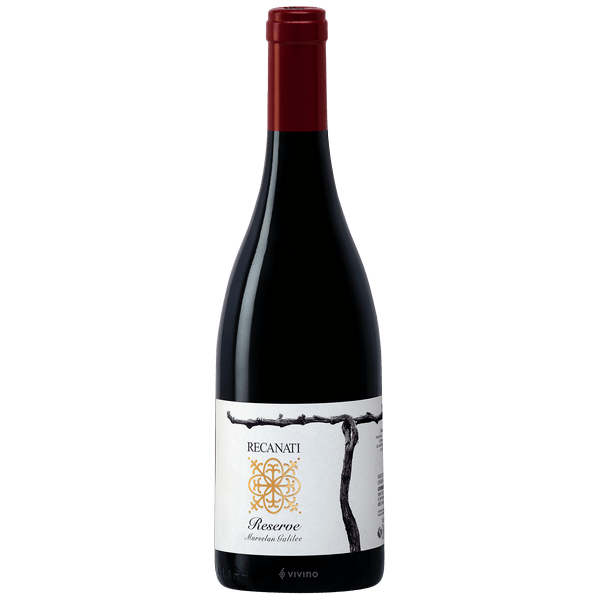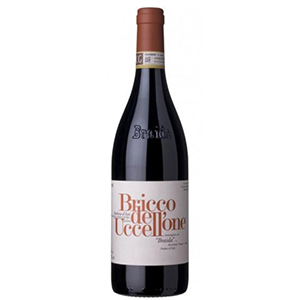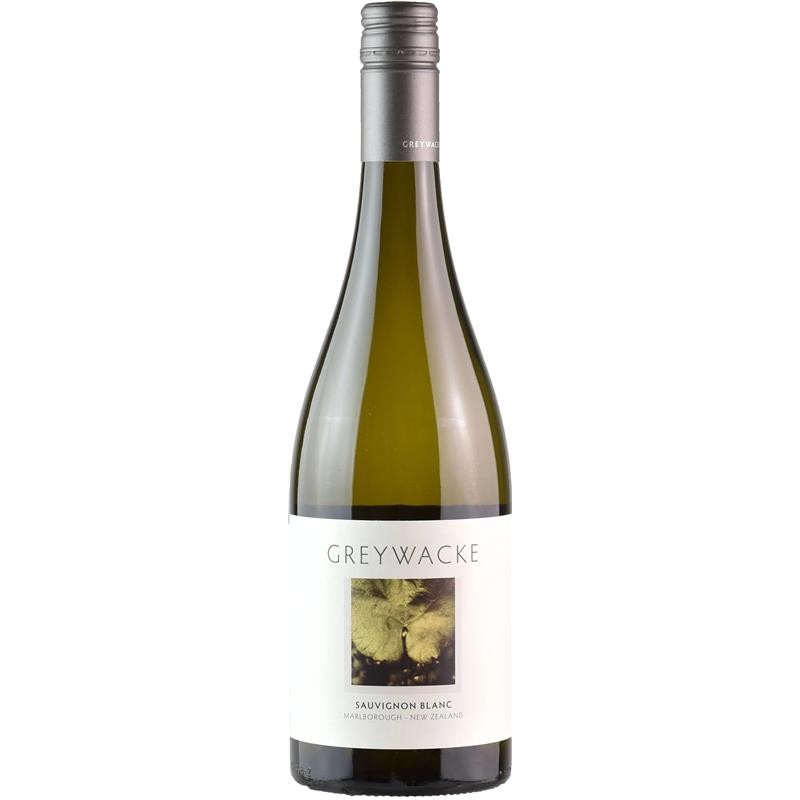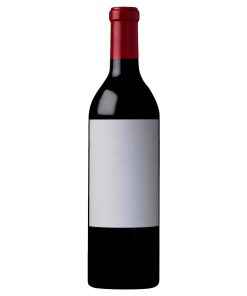2017 Recanati Cabernet Sauvignon Reserve David Vineyard
2017 Recanati Cabernet Sauvignon Reserve David Vineyard
Vibrant violet. Complex aromas of ripe black fruits suffused with nuances of truffle, cigar and toasted walnut. Approachable and delicious now, this full-bodied red will age gracefully over the next decade.
Savor with rich stews, red meats and hearty pasta dishes. Also superb with hard, aged cheeses.
Blend: 94% Cabernet Sauvignon, 6% Merlot
This wine is Kosher for Passover
The story of the Recanati Winery, a producer of high-quality Mediterranean wines, begins with a profound bond with the Land of Israel coupled with a passion for fine wine. With the creation of the winery in 2000, Lenny Recanati’s life-long dream to produce truly world-class wines was on its way. The dream was to bring quality Israeli wines to wine lovers in Israel and overseas and to make the Recanati Winery synonymous with international excellence in the world of wine. Now a four-time invitee to the prestigious Wine Spectator NY Wine Experience, a showcase of the world’s top 250 wineries, that dream is coming to fruition.
Recanati’s philosophy is to produce wines that will best express the local terroir. The winery has vineyards in the Upper Galilee, the Golan Heights and the Judean Hills, among the best growing areas in the country. There is a focus on unique Mediterranean varieties such as Petite Sirah, Marselan and Carignan and ancient native varieties with Biblical roots like Bittuni & Marawi, while simultaneously nurturing classic international varieties.
With a rich history of wine production dating back to biblical times, Israel is a part of the cradle of wine civilization. Here, wine was commonly used for religious ceremonies as well as for general consumption. During Roman times, it was a popular export, but during Islamic rule around 1300, production was virtually extinguished. The modern era of Israeli winemaking began in the late 19th century with help from Bordeaux’s Rothschild family. Accordingly, most grapes grown in Israel today are made from native French varieties. Indigenous varieties are all but extinct, though oenologists have made recent attempts to rediscover ancient varieties such as Marawi for commercial wine production.
In Israel’s Mediterranean climate, humidity and drought can be problematic, concentrating much of the country’s grape growing in the north near Galilee, Samaria near the coast and at higher elevations in the east. The most successful red varieties are Cabernet Sauvignon, Merlot, and Syrah, while the best white s are made from Chardonnay and Sauvignon Blanc. Many, though by no means all, Israeli wines are certified Kosher.
Related products
2019 Domaine des Lambrays Morey-Saint-Denis 2019 Domaine des Lambrays Morey-Saint-Denis, Nice red ruby color. The nose is expressive and intense: a lot of fruit such as raspberries, cherries, blackberries and blueberries all mixed together. The palate is juicy, full, and crispy, with a lovely fresh mineral character at the end. Thin-skinned, finicky and temperamental, Pinot [...]



